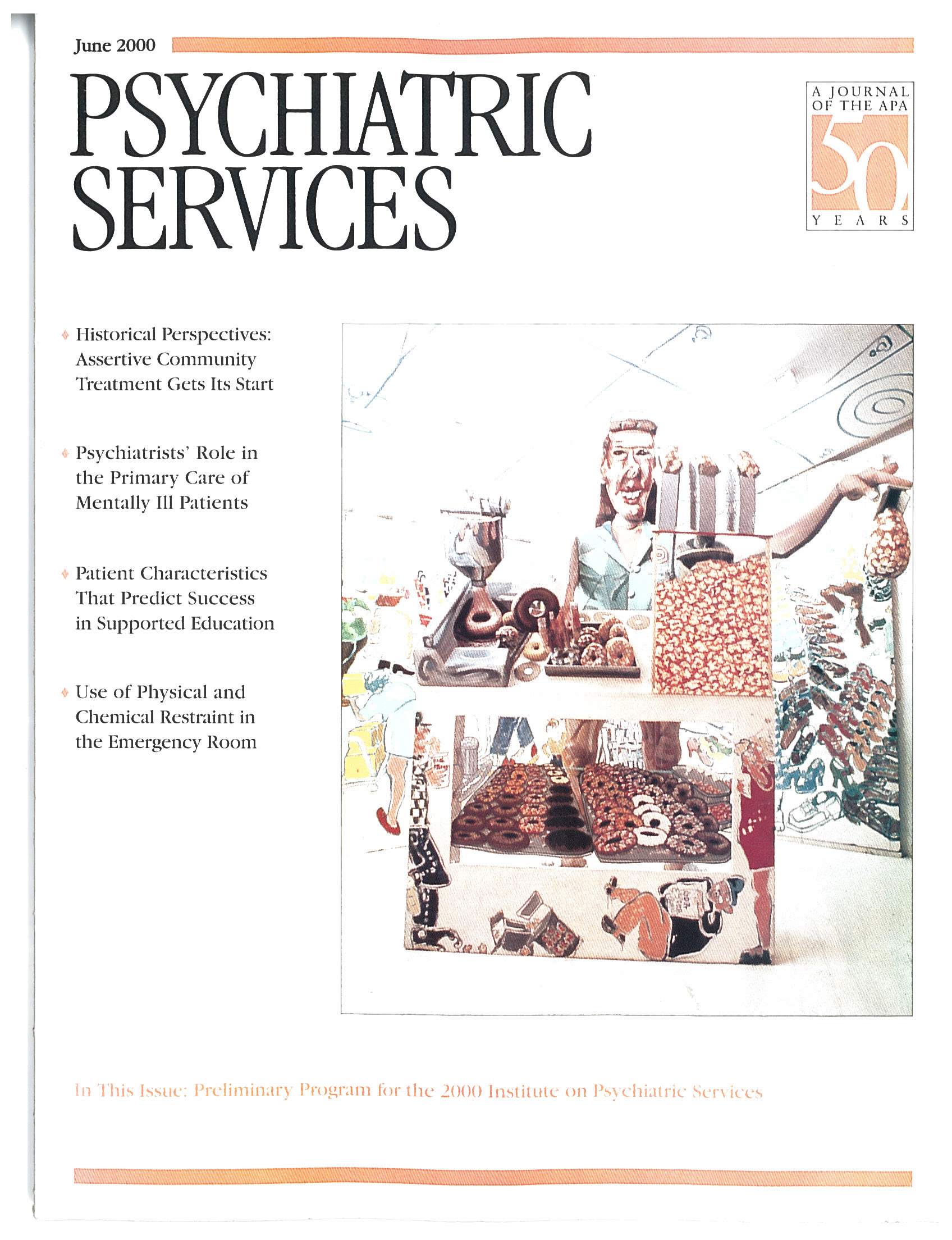Psychology in Human Context: Essays in Dissidence and Reconstruction
Psychology in Human Context: Essays in Dissidence and Reconstruction is an edited collection of papers and lectures by the noted psychologist Sigmund Koch. A world-renowned professor of psychology and philosophy at Boston University (he died in 1996), Professor Koch was known for four decades of scholarly contributions concerning the analysis and critique of the "science" of psychology. Knowledge in any area of scientific inquiry is created within the context of the methods, theoretical assumptions, and dominating ideologies of the specific field. This collection of writings is a thoughtful and challenging critique of the scientific method and pretensions within academic psychology.
Psychology as a discipline has long sought credibility as a science rather than as a branch of philosophy or, as some might argue, a religion. In the latter half of the 20th century, various methodological, theoretical, and statistical paradigms emerged within psychology with the promise of enhancing the scientific rigor of the field. Methodological development in psychology has aimed to establish increasing levels of confidence in the knowledge such methods produce.
However, the push for scientific rigor has often produced findings that seem quite divorced from the ultimate subject: human beings. Sigmund Koch was a leading figure in critiquing the methods and assumptions of a scientific psychology, and I suspect this book is an excellent summary of much of this important work.
Unfortunately, as a nonacademic reader, I found Psychology in Human Context nearly impenetrable. While clearly valuable scholarship is represented here, the language is so wordy, idiosyncratic, and dense that I could barely comprehend more than three sentences in a row. The writing is characterized by confusing and lengthy sentence structure, language familiar mainly to academic insiders, and constant, obsessive digressions in the middle of sentences. I felt a bit as I did reading Kohut's original work, as opposed to the later interpretations.
Outside of academicians (and serious literary masochists with time to kill), I find it hard to imagine an audience for this particular book. I am certain that Koch's work has both intellectual and practical merit, but trying to access it through Psychology in Human Context was a frustrating and ultimately disappointing experience.
Dr. Black is clinical assistant professor of psychiatry at the University of Rochester School of Medicine in Rochester, New York.



